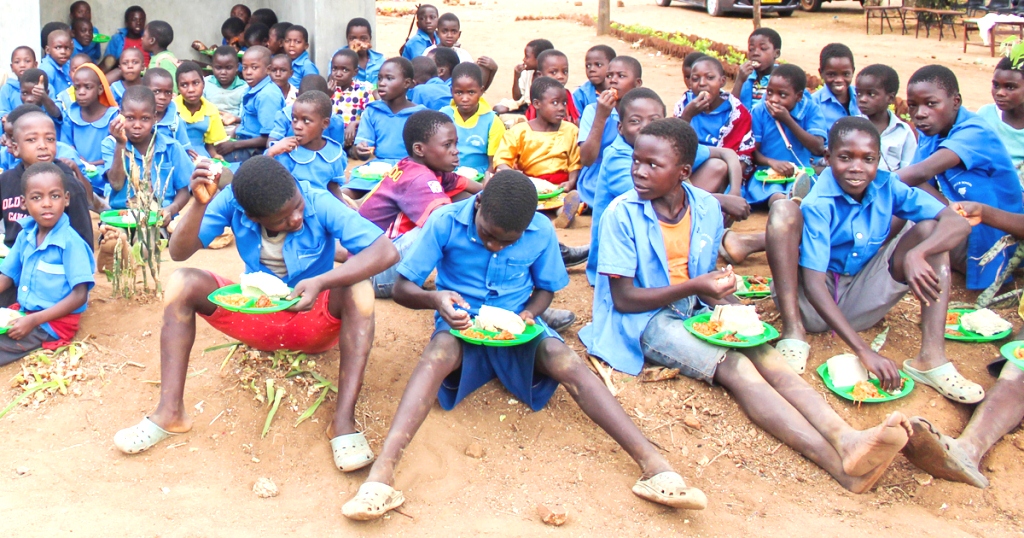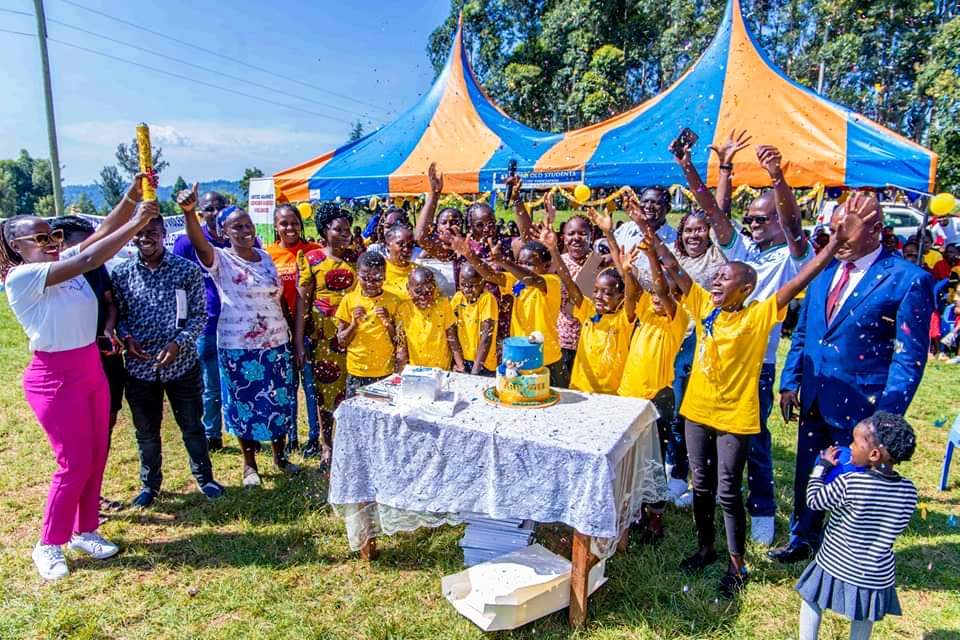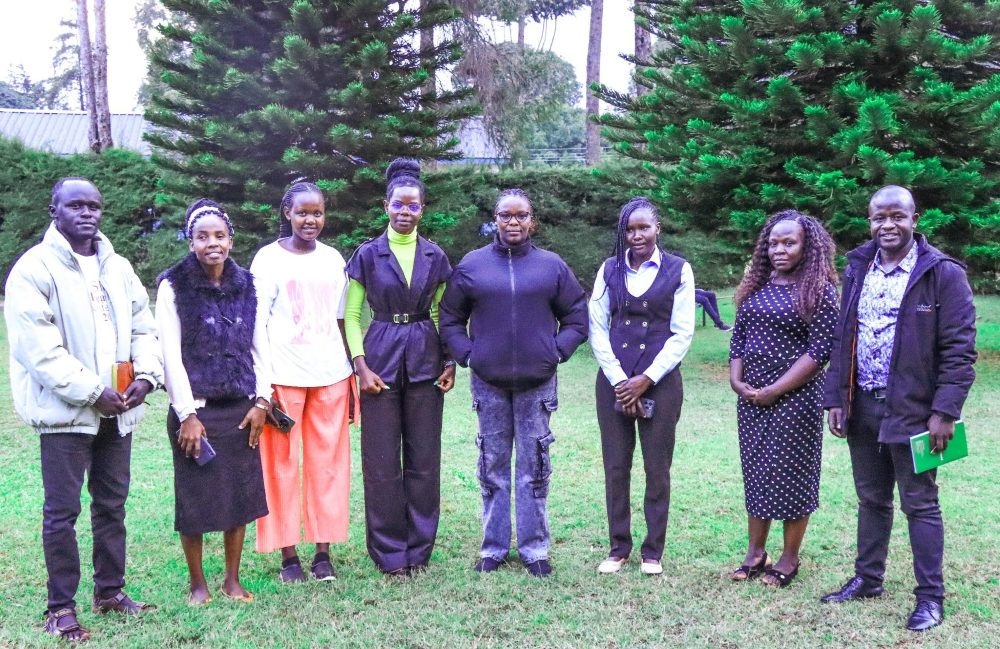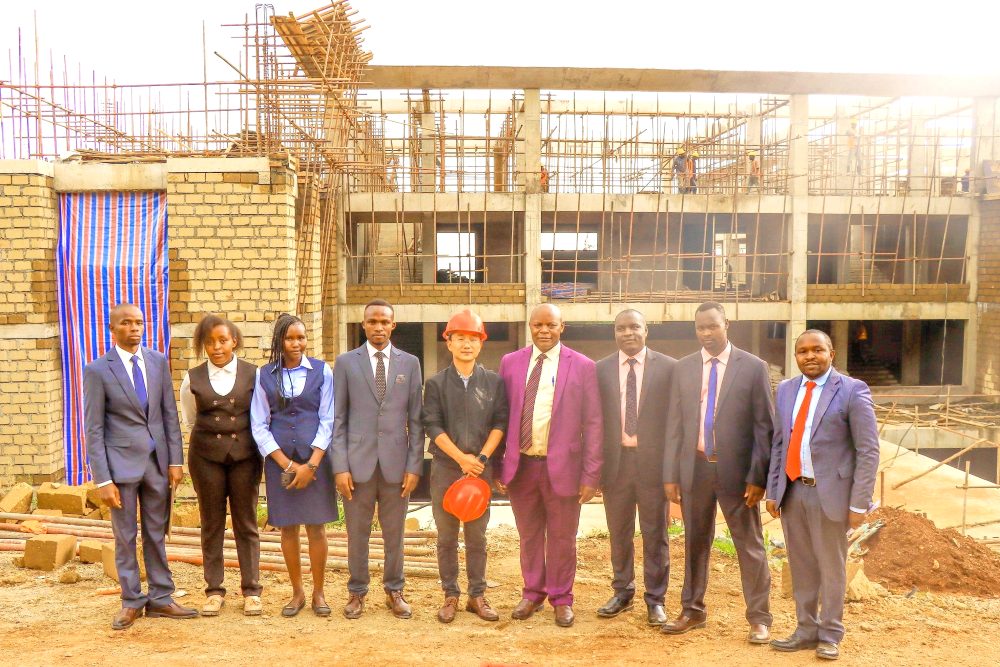International Women’s Day (IWD) was celebrated worldwide on Friday March 8, which is a yearly occasion to honour the remarkable contributions and achievements of women all over the world and advocate for gender equality.
The central theme for this year’s IWD was “Invest in Women: Accelerate Progress”, with a particular focus on addressing economic dis-empowerment among the women. Simultaneously, the campaign theme was ‘Inspire Inclusion.’
As women were being celebrated it was revealed that over 18 million girls are out of primary school in the continent. This is according to a new report by the Tax and Education (TaxEd) Alliance and its allies.
The Action Aid report titled The Transforming Education Financing in Africa: A Strategic Agenda for the African Union Year of Education analyses the negative impact of regressive taxation policies, debt, and austerity on education funding in the continent.
Fatuma Kinzi Abass, a human right activist with Pastoralist Girls Initiative (PGI) based in Garissa County says many cases of girls missing schools have risen in the area thanks to early marriages brought about by gender inequality and lack of adequate resources for the girl child among other challenges.
“Such challenges inspires no pastoralist rural or semi -urban girl child to admire schooling,’’ noted Kinzi who always dreamt of being a teacher. “To date I still believe the only way to inspire my siblings is to become one,’’ she added.
She explains that many families in the arid pastoralist region are plastered in hardship and sways from poverty to the edges of poverty.
Pharhear Hajjir, former teacher admits that the struggles to make ends meet often end in disabled pay cheque barely meeting basic needs like food and clothing.
“Stuck between a rock and a hard place, sometimes a parent has to choose between buying food and school uniform for his children and the order gets taller if the choice extends to paying boarding secondary school fees,’’ said Pharhear.
A case in point is of Dahabo Mohamed relating, “It was a hurdle for my parents to foot the bill of food, and school uniforms and upkeep for my eight siblings, sometime my elder brother had the upper hand of going to school since boys to date are favoured in education instead of girl who still have lower enrollment in Garissa schools, at all levels from early childhood development education to university.

Madam Halima Mohamed, the head teacher of Hatata Primary in Mororo submits the stigma and shame of being pregnant as a young woman overwhelms many.
“Fearing to be judged and being a laughing stock many, girls opt to drop out of school and rush into early marriage which often don’t last a dime of the wedding thus sacrificing educational dreams, ” she says.
However, as proverbial adage goes every dark cloud has a silver lining against the Action Aid report, the Kenya Demographic Health Survey (KDHS) 2022 report released by Kenya National Bureau Statistics (KBNS) reveals Kenya has been progressively limiting FGM, early marriage, and child pregnancy and gender based violence notoriety.
“Teenage pregnancy reduced to 15 per cent in 2022 from 18 per cent in 2014,’’ says the report which adds that illiteracy and poverty contributed to high of adolescent pregnancy. About four in ten such girls within 15-19 age bracket without education fall pregnant compared to five percent with more than secondary education.
By Amoto Ndiewo
Get more stories from our website: Education News
To write to us or offer feedback, you can reach us at: editor@educationnews.co.ke
You can also follow our social media pages on Twitter: Education News KE and Facebook: Education News Newspaper for timely updates.
>>> Click here to stay up-to-date with trending regional stories






